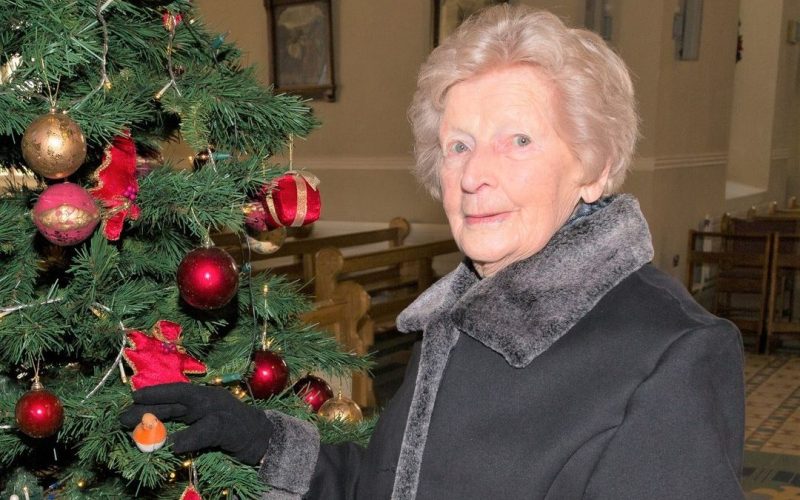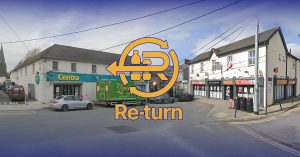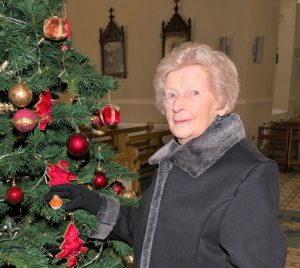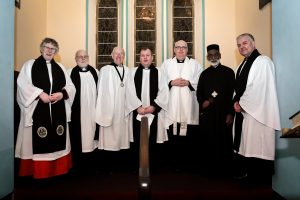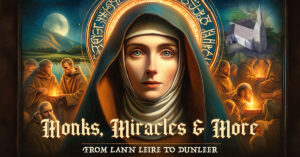Last month, friends and family came together at Shearmans Bar to celebrate a remarkable milestone: Ita Corrigan’s 100th birthday. Born Ita Magee in 1924 in the townland of Cangy, Ita’s life has spanned a century of profound changes, both locally in Dunleer and across Ireland. As we extend our belated birthday wishes to Ita, let’s embark on a journey through the decades, exploring the events and developments that have shaped her life and the community around her.
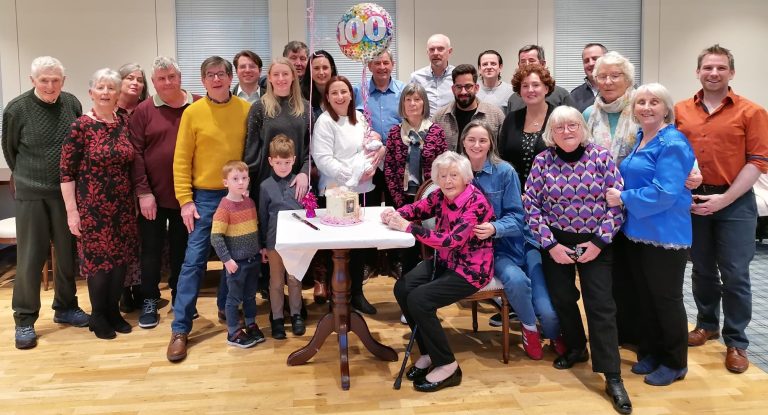
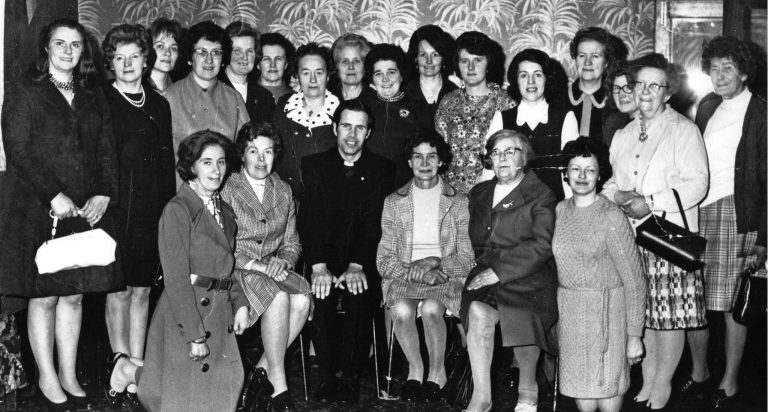
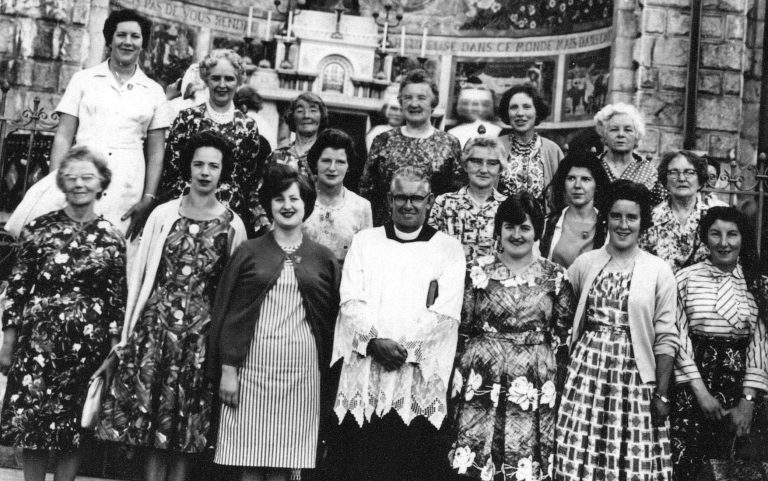
The Roaring 20s:
Ita’s arrival in the ’20s meant growing up in a time of newfound freedoms, including Irish women securing the vote. Ita was born just as Dunleer was finding its feet in a newly independent Ireland.
Whilst women over 21 achieved full voting rights in 1922, they were not allowed to remain in civil service while married and were exempt from jury service. Mary Bailey (see image) was the first female pilot to cross the Irish Sea in an autoplane.
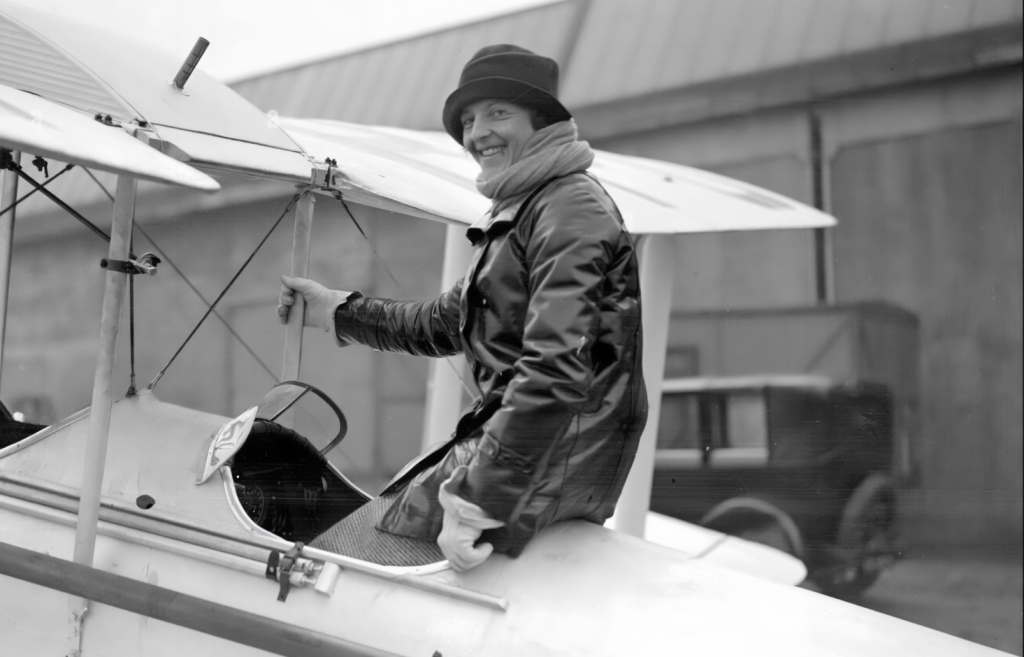
1930s: Foundations of Freedom
During this decade, Ireland saw significant political developments, including the establishment of Fianna Fáil and the adoption of the Irish Constitution in 1937.
The Irish Land Commission completes its first land distribution program in the rest of Ireland, including County Louth.
1940s: War and Peace
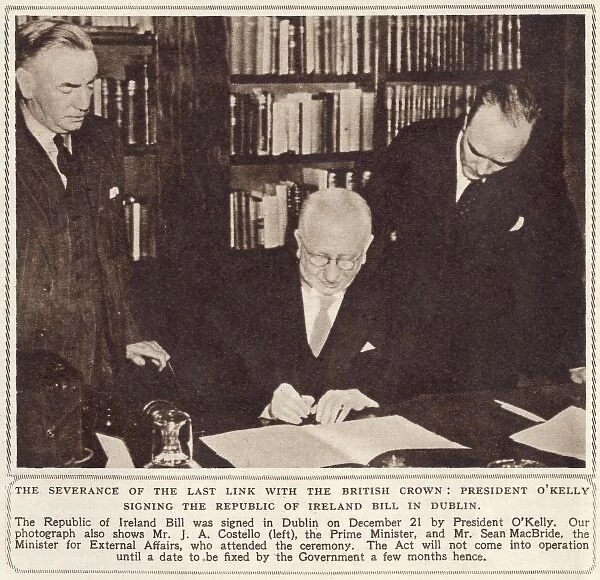
Ita married Hughie Corrigan in 1948. The same year, Ireland adopted the “The Republic of Ireland act” and declared itself a republic. The Irish Sugar Company opened a factory in Ardee, creating job opportunities and impacting the local economy.
Additionally, in 1943, the Irish Army established a coastal observation service in Louth with watchtowers constructed to monitor potential enemy activity.
1950s: Global Stages and Local Pages
Ireland became a member of the United Nations in 1955, indicating its increased engagement with the global community. The Television Act of 1956 established “telefis eireann” (RTE) as the national broadcasting service.
In Dunleer, G.E.C (now glen dimplex) opened its doors.
1960s: Educational Evolution
Gay Byrne presents the first episode of the “Late Late Show,” marking the beginning of what would become Ireland’s longest-running talk show. 1966 saw the introduction of free secondary education by the Irish government revolutionizing educational access, transforming opportunities for future generations.
The Dundalk Gaol closes its doors after 200 years of operation, symbolizing shifts in the penal system and local history.
1970s: Spiritual Visits and Academic Visions
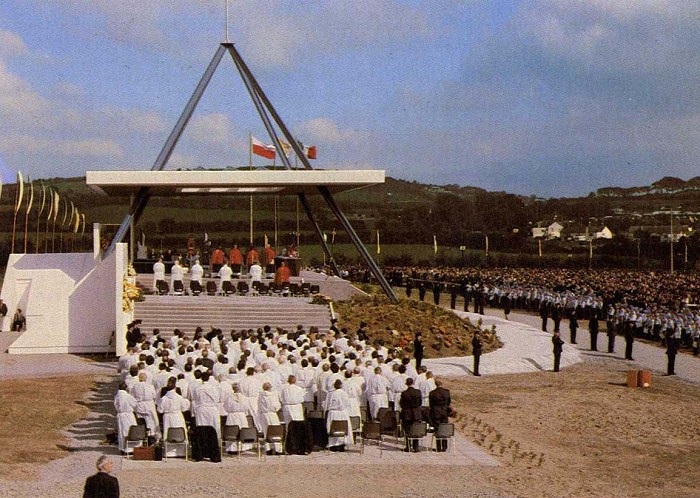
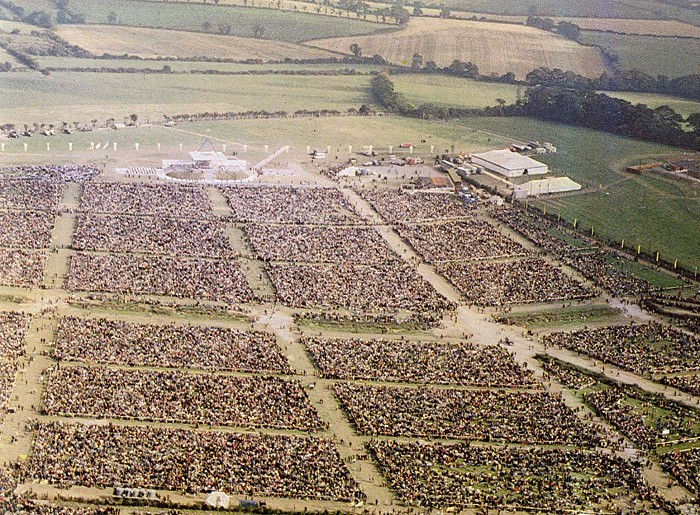
DkIT was established in this decade to provide higher education opportunities in the local area. The visit of Pope John Paul II to nearby Killineer in 1979 was an important event for the Catholic community.
1980s: Technological Tides and Transport Goodbyes
The closure of the Dunleer railway station in 1984 marked the end of an era for local transportation. The decade also saw the rise of Ireland’s technological infrastructure, with the opening of the country’s first ATM. Johnny Logan, with connections to Drogheda, triumphs at the Eurovision Song Contest with “What’s Another Year,” spotlighting Ireland on the international stage.
In 1986, Barry McGahon from Dunleer wins the Bisto Kids All Ireland Soapbox Derby in Bray. Wicklow.


1990s: Peaceful Progress and National Pride
Ireland’s economy and societal structures saw further evolution, with the Maastricht Treaty in 1993 paving the way for the European Union, and the Good Friday Agreement in 1994 offering hope for peace in Northern Ireland.
In 1999, the M1 opens connecting Drogheda (& Dunleer) to Dublin & Belfast.
2000s: Economic Ebb and Flow
The adoption of the Euro in 2002 symbolized Ireland’s deeper integration into the European Union. DkIT becomes a university, expanding its academic offerings and attracting more students.
2010s: Social Milestones
This decade was marked by significant social progress, including the legalization of same-sex marriage in 2015 and the repeal of the Eighth Amendment in 2018.
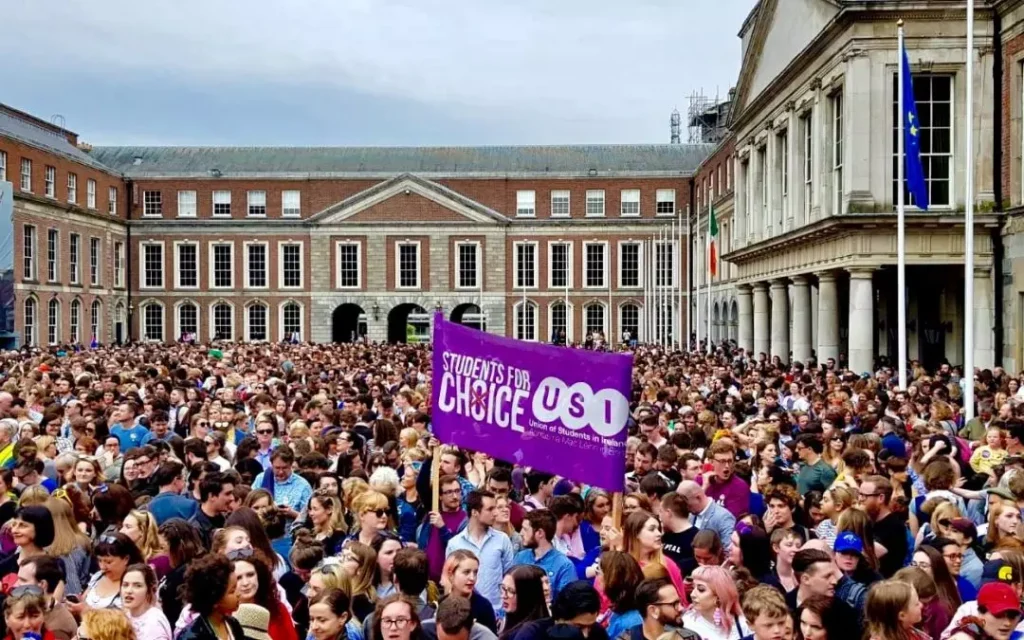
2020s: A Century Celebrated
The COVID-19 pandemic tests the nation’s resilience, disrupting lives and economies. Ireland marks the 100th anniversary of its foundation, prompting reflection on national identity and future challenges.
As we wrap up our tribute to Ita Corrigan’s 100th birthday, we’re reminded of Dunleer’s journey alongside her. Ita’s century of life is a living snapshot of our town’s evolution, from rural beginnings to a modern community. Here’s to celebrating the milestones that shape us and looking ahead to new opportunities for growth and connection in Dunleer.

